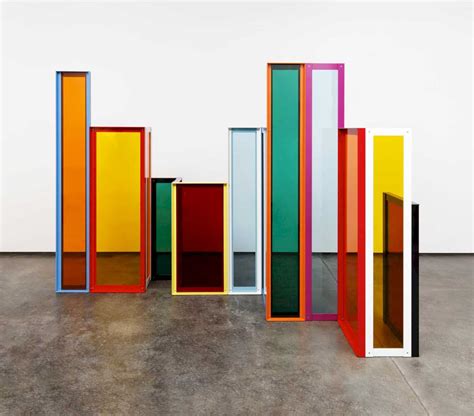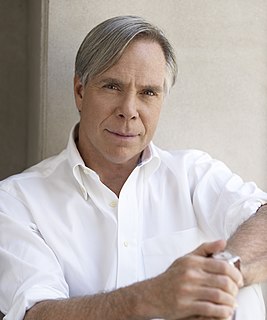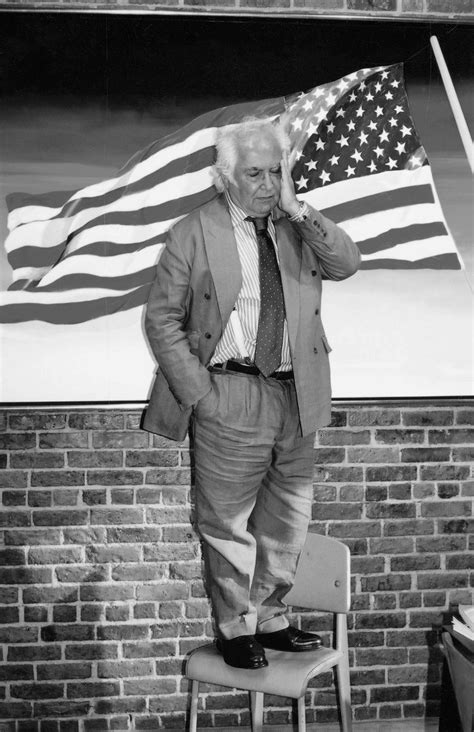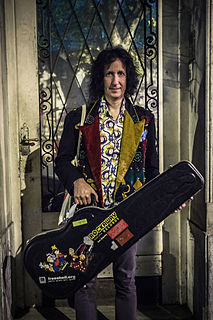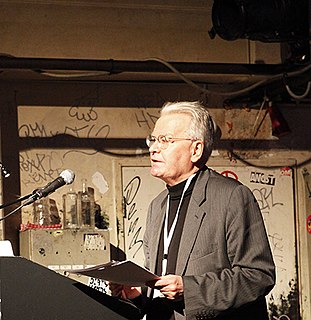A Quote by Vito Acconci
Modernism was a big thing for me, coming from a father who was very interested in art, music and culture - and almost always Italian art, music and culture. One good thing about Italians is that culture is part of everyday life. But Modernism is a movement of the past. The idea of a Modernist building as a sculpture set on a pedestal of grass is a part of Modernism that I'm not so crazy about.
Related Quotes
A lot of artists are good cooks as I'm too, but coming from a culture that was very concerned with food, I was very interested in that from the start. If you're interested in food, you're interested in lots of different aspects of culture. And it's like being interested in the music from a certain area, or writing, or whatever-food is part of that, too.
I'm happy that the evolution of art in the past 25 years, and the place of art in global culture-and even finance-has gotten to be so important. One thing I'm really proud of is the fact that now anybody can do anything. The work can be small or large, painting or sculpture, whatever it might be-it's all viable, and it can come from any part of the world. So the idea of democracy has really taken hold.
Argentina is a very interesting culture because unlike Europe and the US, they did not abandon rock and roll music, they did not turn their backs on it. It's an important part of their culture. So guitar music is an important part of their culture. So me being into rock music, I get respect working there, which wasn't happening in Europe or in the US.


